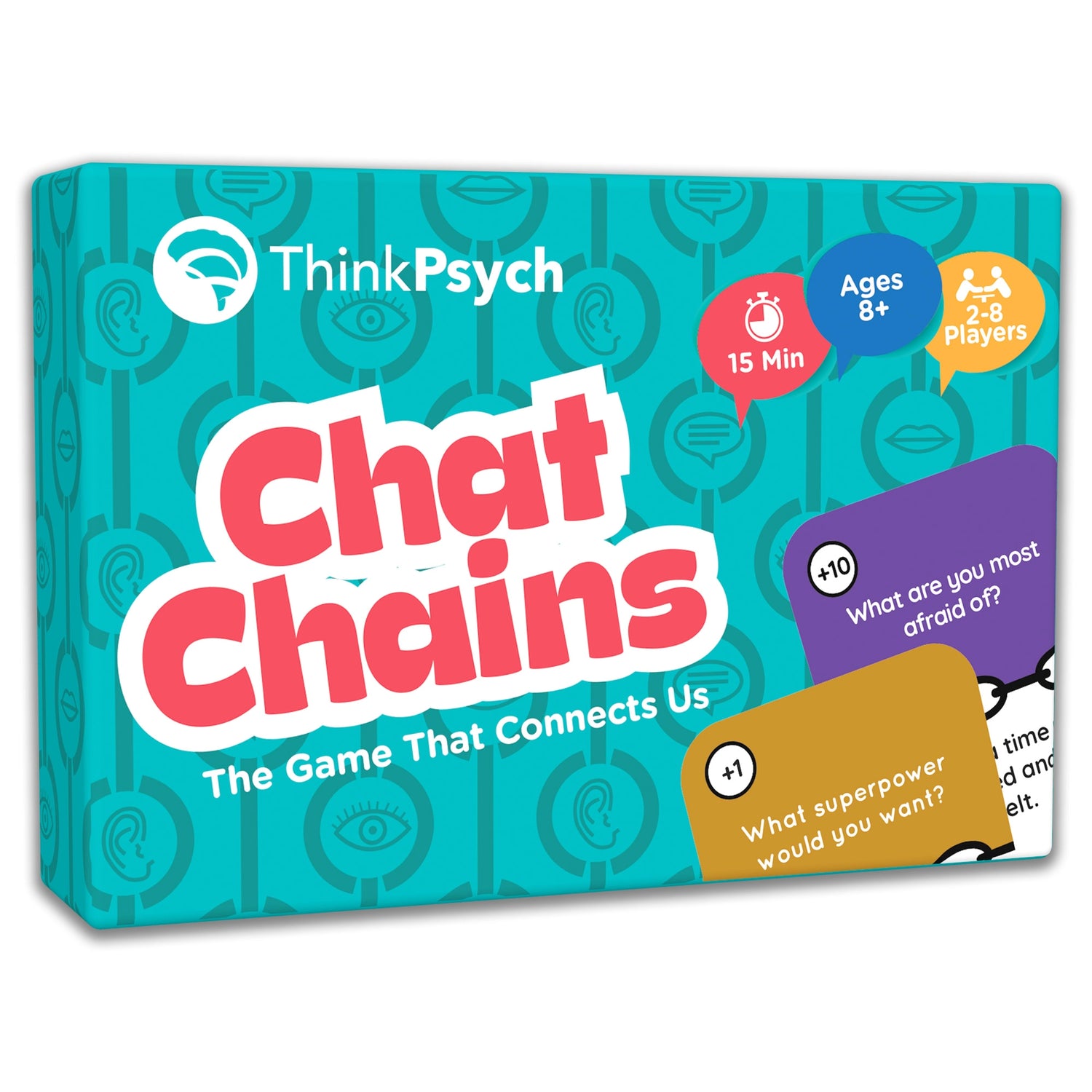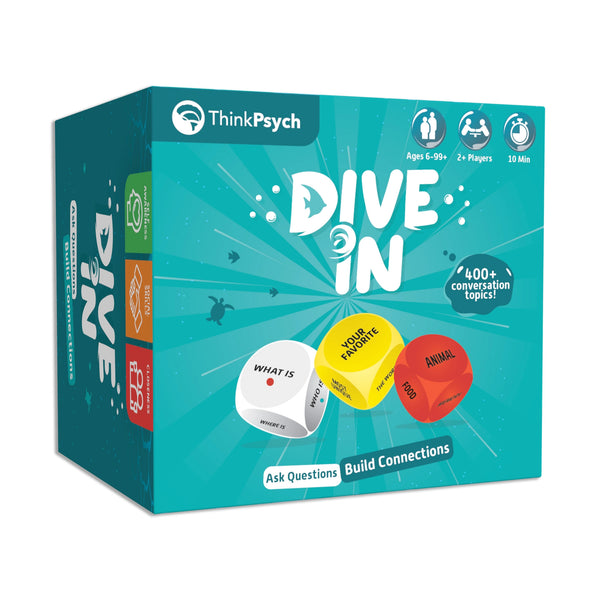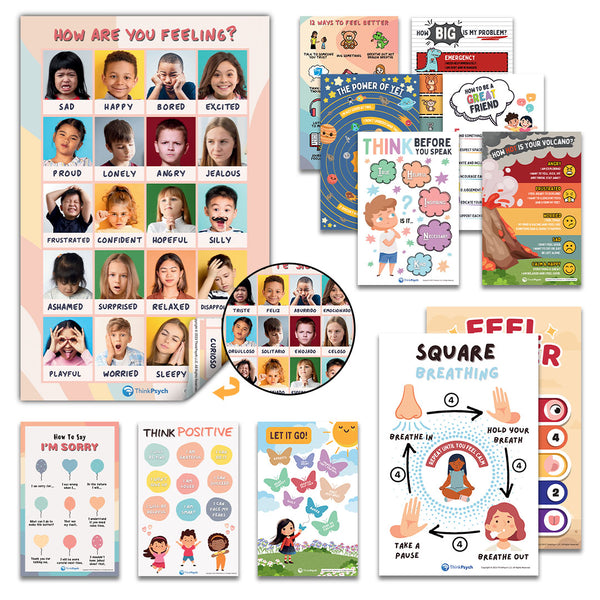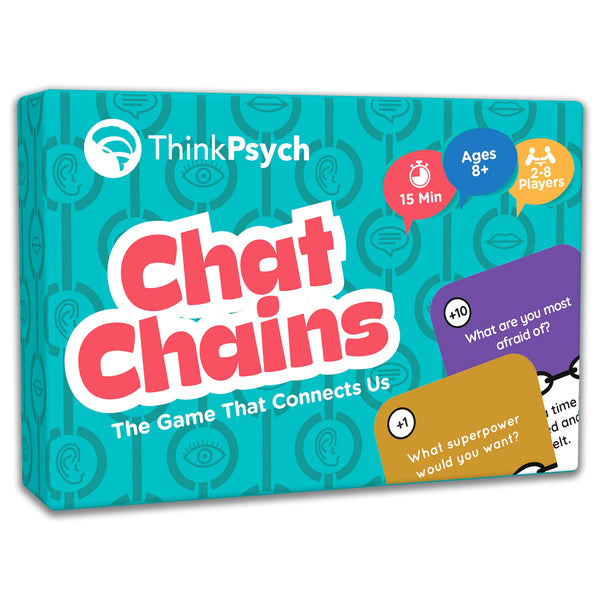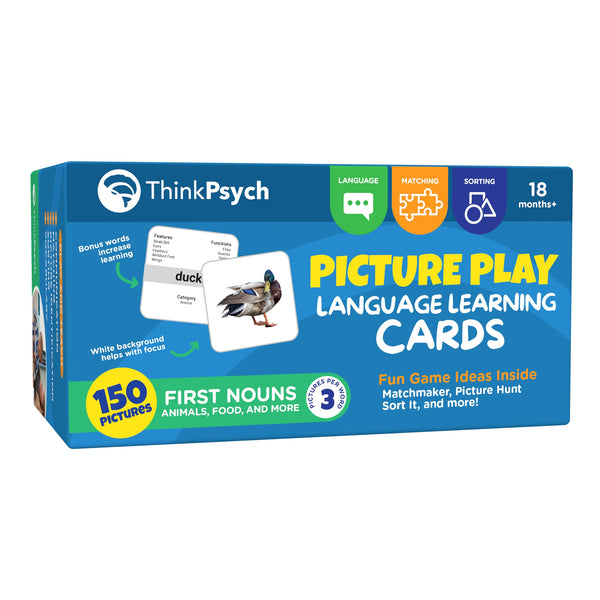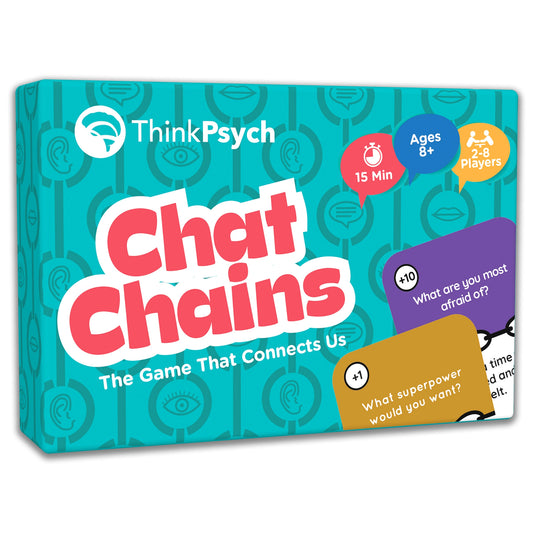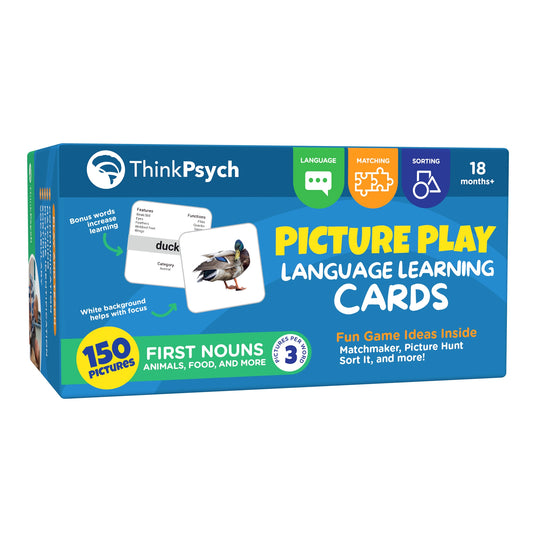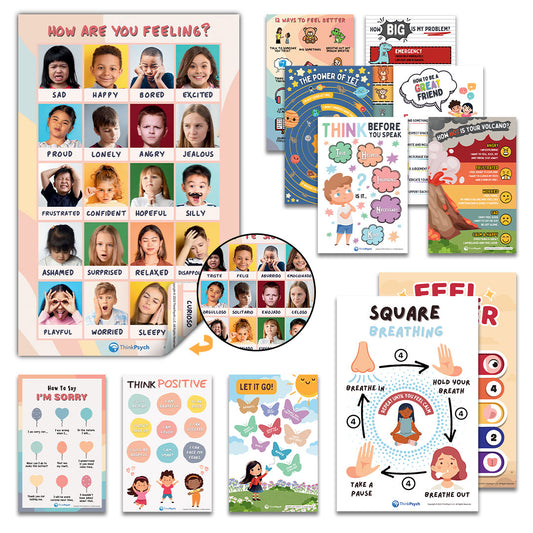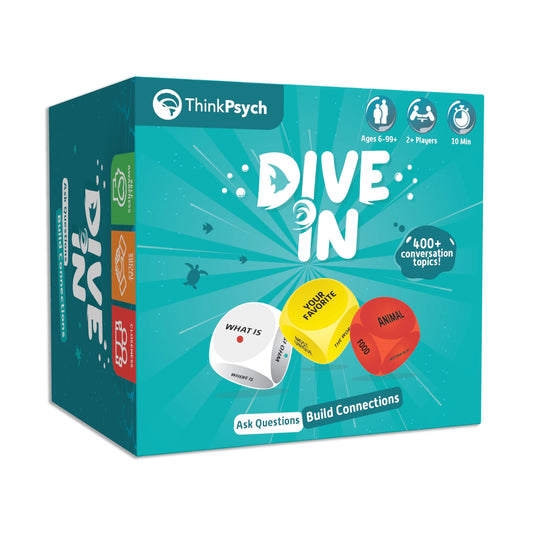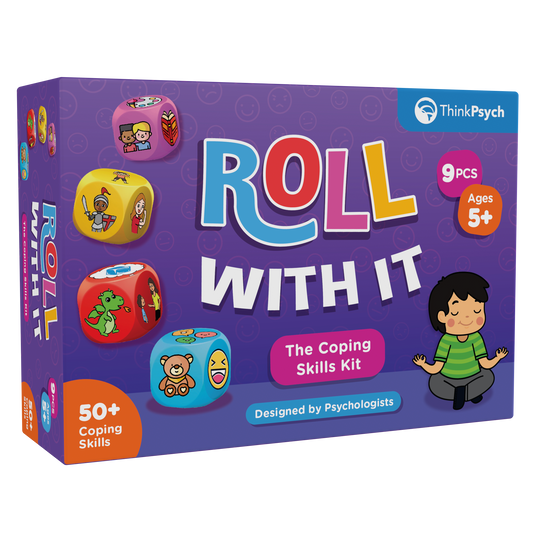
Helping Toddlers with Speech Delays
Share
It’s common to feel a little anxious about developmental delays with your child. After all, they can be a sign of hearing loss, a learning, disability or even a disorder. However, it’s important not to fret because approximately one in five children experience this type of delay. And that means there are a number of things you can do to help with child speech delays! While there can be a number of different reasons for speech delays in toddlers, the following ideas can help your little one build speech skills at home.
Talk the Talk
Helping children with speech delays can be as simple as a little extra talking, as repetition goes a long way in cementing language. Engage with the five senses by talking about what you see, smell, taste, feel, and hear throughout the day. Be sure to keep your sentences about the same length as your child’s so they’ll be able to understand. And, if they’re having particular troubles with certain sounds like ‘s’ or ‘f,’ focus on things with these sounds.
Add a Word
As your child starts to use words like ‘bowl’ or ‘cup,’ teach them to stretch their learning by adding a word. For example, try including descriptors like ‘yellow bowl’ or ‘your cup’ so they can expand their vocabulary. This will help familiarize them with the words associated with certain objects and actions. Whether at lunch, playtime, or during their snack, everyday activities are the key to mastering speech delays.
Minimize Distractions
Music and television can provide a lot of words that will function to expose your child to language. However, listening to them even in the background all the time is not necessarily going to help with speech delays. When working with your child, the best method is speaking to them directly to ensure what you’re saying will be absorbed. Be sure there are no distractions so your child can focus and pay attention.
Do Some Reading
Specific toys and games can be helpful in some situations, but toys for toddlers with speech delays aren’t necessary. Instead, something as simple as a picture book can be particularly useful. Images and photographs can assist your child in understanding the link between an object and its word. When you’re starting out, name the pictures so that your child knows how they should be said. As they get more comfortable, you can move on so they can make the sounds on their own.
Try Sign Language
It might seem strange that a solution to some types of speech delays is not vocal speech. But using sign language can enable your child to communicate before they are comfortable speaking. Teach yourself a few common gestures or signs that you can use when communicating daily with your child. It serves as a fun activity and will help your child in the interim before they say the words!
Shop ThinkPsych Products
Speech delays and disorders may be a cause for concern as a parent, but they are often a natural part of your child’s development. Fortunately, there are a number of simple things you can do around your home to help. Resources, such as First Nouns Picture Flash Cards and Advanced Nouns Picture Flash Cards can be great! Prioritizing your child’s learning and talking the talk can inspire their development!
References
KidsHealth. Delayed Speech or Language Development. https://kidshealth.org/en/parents/not-talk.html
American Academy of Pediatricians. Language Delays in Toddlers: Information for Parents. https://www.healthychildren.org/English/ages-stages/toddler/Pages/language-delay.aspx
Speech and Language Kids. How to Help a Late Talker. https://www.speechandlanguagekids.com/speech-delay-help/
